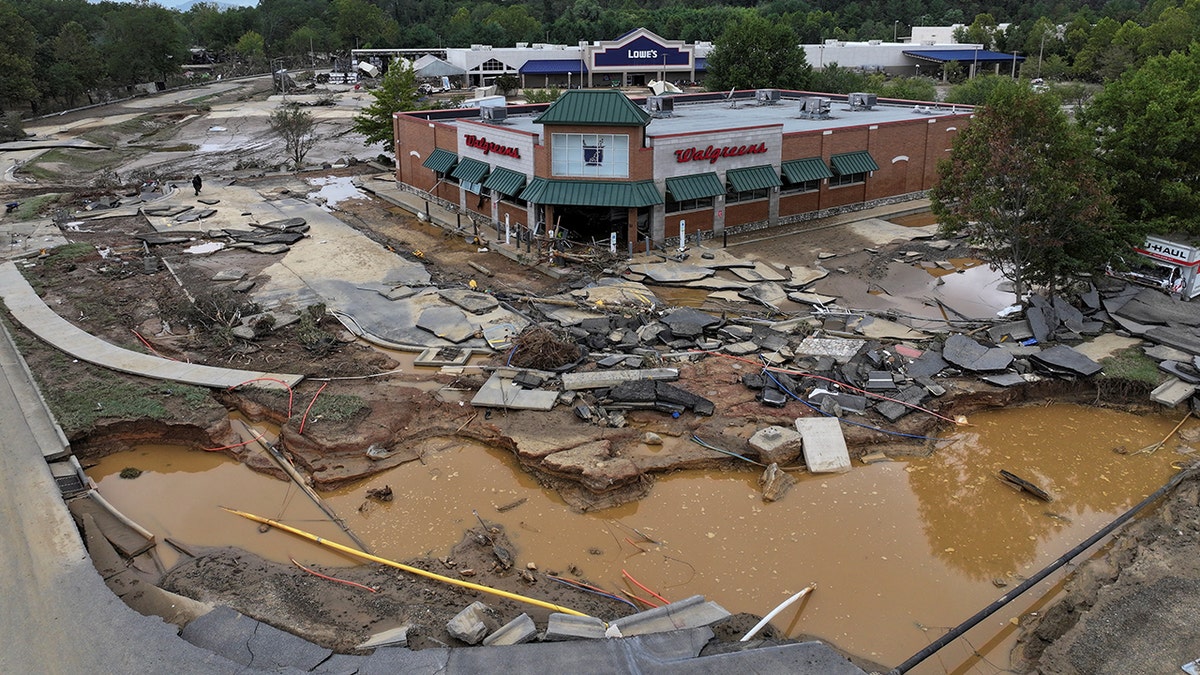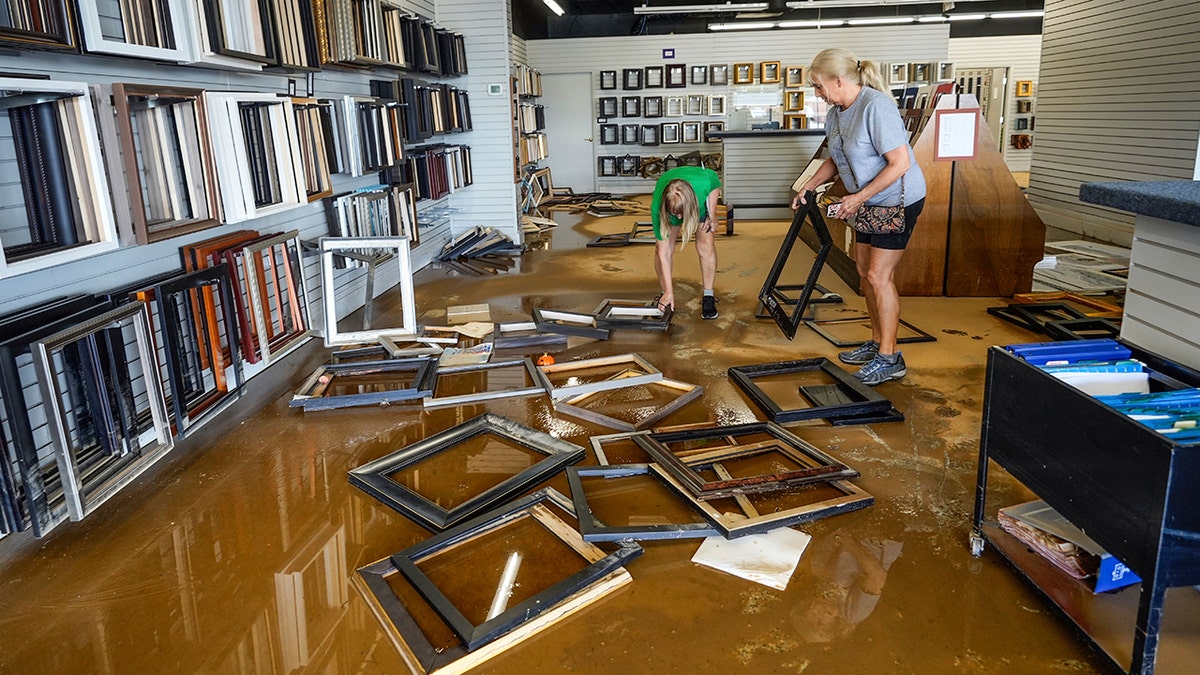FEMA head denies agency is short on money for disaster relief, firmly stating that the funds have not been diverted to assist illegal immigrants.
During a poignant discussion with ABC’s George Stephanopoulos on “This Week,” FEMA Administrator Deanne Criswell confronted widespread misinformation head-on.
FEMA’s funding structure has come under scrutiny recently, particularly with claims made by former President Trump regarding a supposed $1 billion shortfall due to funding allocations for undocumented immigrants. Criswell characterized these assertions as “ridiculous” and “just plain false.” Her tone reflected a mix of frustration and determination, underscoring the situation’s gravity. The mission of FEMA, she emphasized, should always transcend politics and focus on the urgent needs of people affected by disasters, like those suffering in western North Carolina and parts of Georgia.
She highlighted the crucial role of local officials in combating the “dangerous” narratives that create fear and doubt among communities already reeling from Hurricane Helene’s devastation. Criswell poignantly mentioned, “People need resources, and we need them to get into the system.” Her heartfelt remarks painted a vivid picture of those on the ground who have left the comfort of their homes to assist families in crisis. In a world often saturated with political distractions, it’s remarkable how human vulnerability continues to unite a community amid chaos.
Stephanopoulos pressed further, inquiring about the virality of misinformation, including alarming posts suggesting violent opposition to FEMA agents. Criswell’s response reflected the emotional toll this rhetoric has taken on everyone involved in the recovery. “You have to realize what this does to our dedicated employees and first responders,” she expressed, painting a stark contrast between the political noise and the quiet heroism of those serving in the wake of disaster. Her insights serve as a reminder that while social media thrives on sensationalism, real lives hang in the balance.

It was further clarified that FEMA’s Disaster Relief Fund relies entirely on congressional appropriations. Criswell pointed out that misinformation surrounding the agency’s finances could deter those genuinely in need from seeking assistance. This strand of misunderstanding only compounds the challenges faced by both the agency and the individuals it strives to help, weaving a thick tapestry of confusion and concern during an already tense recovery period.

On a more pressing note, FEMA has reassured the public that disaster relief funds remain intact, a necessity heightened by the severity of threats like Hurricane Helene. This resilience is reflected in the Biden administration’s commitment, which includes ordering 500 additional active-duty troops to support FEMA’s ongoing recovery efforts. The agency acknowledges that it has adequate resources for immediate response and recovery, even as system pressures mount and hurricane season looms over the horizon.

With a substantial bipartisan effort recently directing $20 billion into FEMA’s Disaster Relief Fund, there is cautious optimism. Yet, as Secretary Alejandro Mayorkas stated, the battles are far from over. The vagaries of nature and the uncertainties of political will create a complex landscape for recovery. This juxtaposition of physical devastation and pervasive misinformation creates a unique dilemma for agencies like FEMA that must operate within the public’s trust.
As ripples of criticism spread regarding the agency’s handling of funds spent on housing migrants, it becomes essential to highlight that federal support systems are distinct and not intertwined with disaster relief. In this maze of funding debates, one accurate piece of information lies amid waves of claims: The funds intended for disaster relief are separate and must remain so, dedicated solely to rebuilding the lives torn apart by calamity.
In quiet moments, amidst the urgency and emotions, there’s a hidden truth about the resilience of communities. Residents, like local business owners in Asheville, North Carolina, embody that spirit as they rally to restore normalcy in their neighborhoods and support each other, working tirelessly to heal. So, as discussions swirl around funding and politics, let’s remain grounded in the reality that true recovery is a collective effort—rooted in empathy and built on community strength.






































